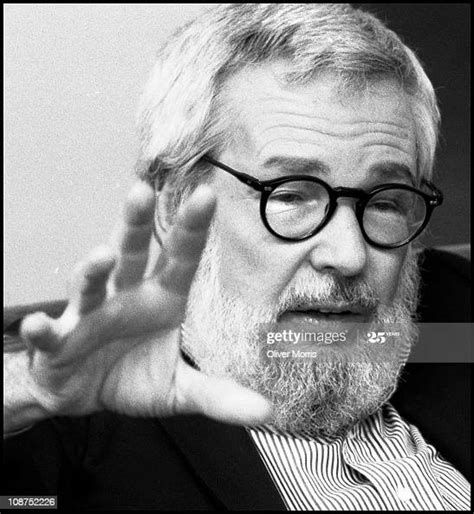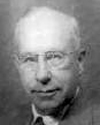A Quote by Georg C. Lichtenberg
One is rarely an impulsive innovator after the age of sixty, but one can still be a very fine orderly and inventive thinker. One rarely procreates children at that age, but one is all the more skilled at educating those who have already been procreated, and education is procreation of another kind.
Related Quotes
'Tis certain that a serious attention to the sciences and liberal arts softens and humanizes the temper, and cherishes those fine emotions in which true virtue and honor consist. It rarely, very rarely happens that a man of taste and learning is not, at least, an honest man, whatever frailties may attend him.
I left Paramount at the ripe young age of sixty. A generation ago, that would have been retirement age. But my generation has more energy, more drive, and a greater life expectancy than any group of retirees before us. We are going to be here for two decades or more past 'retirement' age and we want to do something relevant in the so-called third act of our lives.
It is a great thing to be at your age... You are at a very specific time of age ... an age where you can follow all your dreams. But also at an age when you can change-you can change your dreams, you can change paths. When you start something when you're young, you should not decide 'this is it, this is my way and I will go all the way.' You have the age where you can change. You get experience, and maybe dislike it and go another way. Your age is still an age of exploration.
We think of women at every age: while still children, we fondle with a naïve sensuality the breasts of those grown-up girls kissing us and cuddling us in their arms; at the age of ten, we dream of love; at fifteen, love comes along; at sixty, it is still with us, and if dead men in their tombs have any thought in their heads, it is how to make their way underground to the nearby grave, lift the shroud of the dear departed women, and mingle with her in her sleep
Now I'm sixty-one... sixty-two, pretty soon. It's a really interesting age. Now we have women of your age, and coming up, and all these fantastic writers, who have managed to have their children but continue with their art, their work. I think women are doing the most interesting writing right now, the most interesting art. I see everything through this lens, of women finally taking their place in the world. Their true place. And it's very, very exciting to me.
We always think, 'Well, for a person who's blind, it must be an amazing, joyful miracle if by some chance their sight is restored to them.' Now, this may be true for blind people who lost their vision at a later age. It's rarely true for people who were born blind or who go blind at a very young age.




































